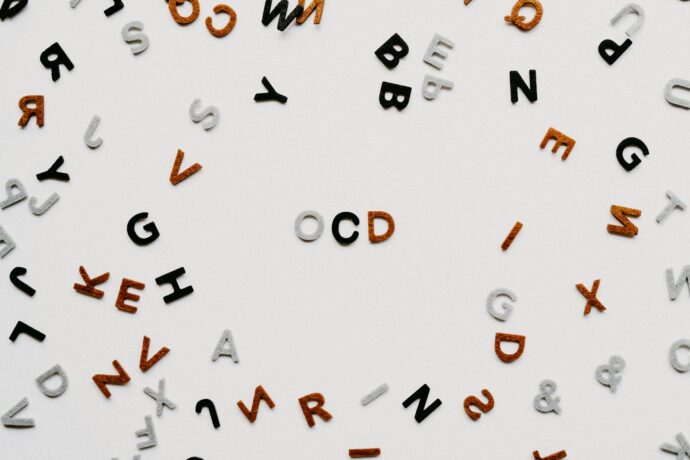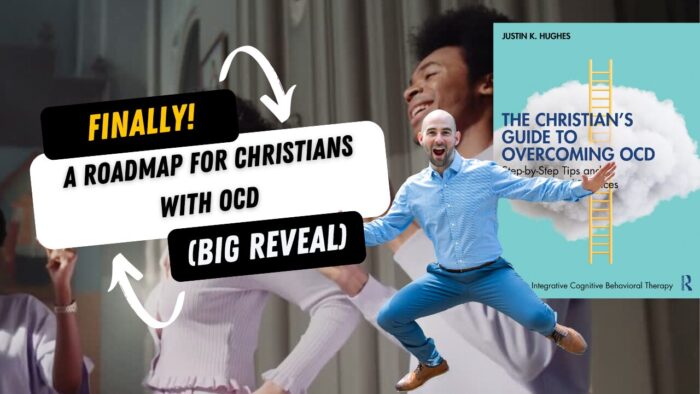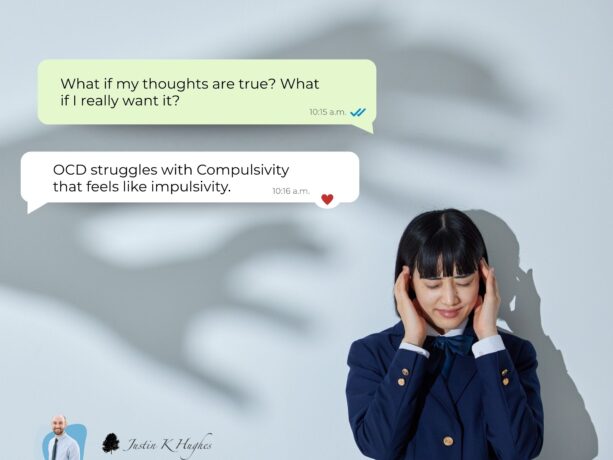
If you suffer from Obsessive Compulsive Disorder (OCD), or even if you only suspect it, getting help quickly can make all the difference.
The average time from the onset of symptoms to treatment is 11 to 17 years. That’s a terrible length of time to let the suffering grow, often out of control.
OCD is also one of the most disabling health conditions, medical or mental, in the world.
More than a cute quirk
OCD can involve obsessive urges to clean, check, or order things, but it’s not about being neat or controlling. OCD is about having unwanted, persistent, and distressing intrusive thoughts, urges, and images that are outside of the control of the sufferer. Will naturally begin to compulse to make the distress go away, but these compulsions, or rituals as they are sometimes called, reinforce the fear and dependence on unhelpful behaviors. Here’s the thing: OCD shows up around any sort of distress or fear that can exist, so people have concerns around harm to others, existential thoughts, sexuality, social, etc.
Help! What do I do? Four Steps
First of all, you’re doing a great job by recognizing or asking some questions if you relate to what OCD is.
- Self-awareness is automatically the necessary first step.
Unaddressed in yourself, you will not be able to do anything different outside of any environmental limitations that are placed on you.
Second, read a limited number of reputable resources.
- I highly recommend iocdf.org, adaa.org, and my site, justinkhughes.com.
Find out what you can, but the reason to set limits is that it’s easy to spiral compulsively by rereading information or trying to gather all the information out there. That’s impossible to do, and it’s often a trap of anxiety and fear.
You might also consider some great books on the topic or even online courses, such as my own course: justinkhughes.com/course
Third, and (but really at any point), get specialized help.
- I highly recommend getting professional treatment.
Whether you have easy access or substantial limitations, it’s important to seek evidence-based care that has been shown to make a difference. What you’re looking for is somebody trained in Cognitive Behavioral Therapy (CBT) who administers Exposure and Response Prevention (ERP), or a doctor who knows how to treat OCD, most commonly with SSRIs. A great starting point is the iocdf.org provider finder.
Lastly, make sure to get into community. This can feel very daunting up front, and you may wonder if you can safely share with others. Those are fair concerns, and not everyone will be trustworthy or receptive. However, if you can find even one person who you can share more of your story and receive encouragement from who understands OCD, this is extraordinarily powerful.
Terrible Suffering, Incredible Hope
If you or a loved one is suffering from OCD, I’m so sorry; it really is one of the worst things. However, I am so hopeful because I see people every day shift from being disabled by their illness to fully thriving and functioning. However, it is to be taken seriously because OCD is no small thing. I’m proud of you for digging deeper.
Have mercy,
Justin








Leave a Reply